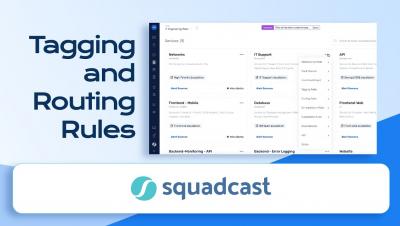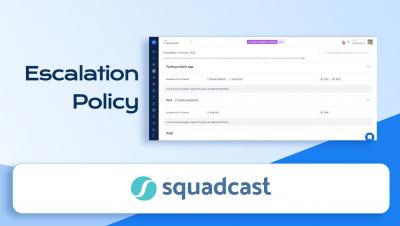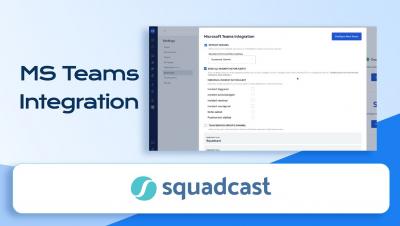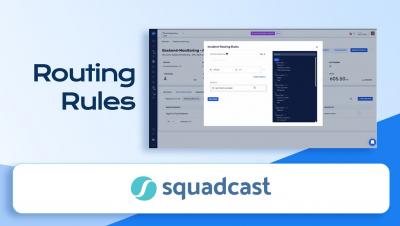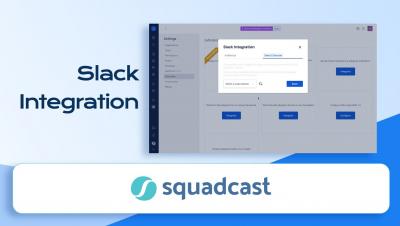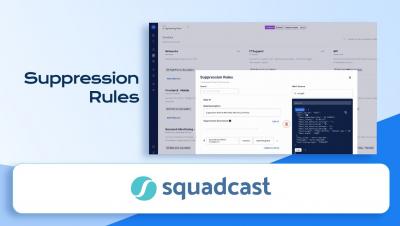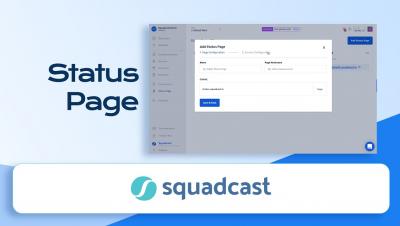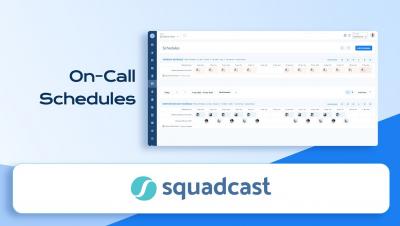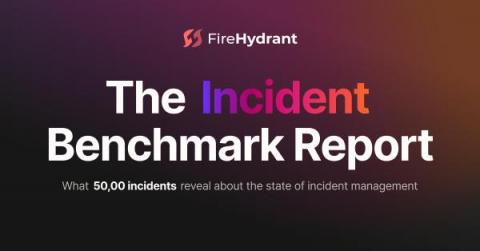Tagging & Routing at Squadcast | Incident Management | Squadcast
Event Tagging is a rule-based, auto-tagging system with which you can define customized tags based on incident payloads, that get automatically assigned to incidents when they are triggered. Auto-add relevant information like priority, severity or alert type to make incoming incidents context-rich. Route alerts to the right responder(s) based on the tags they carry


